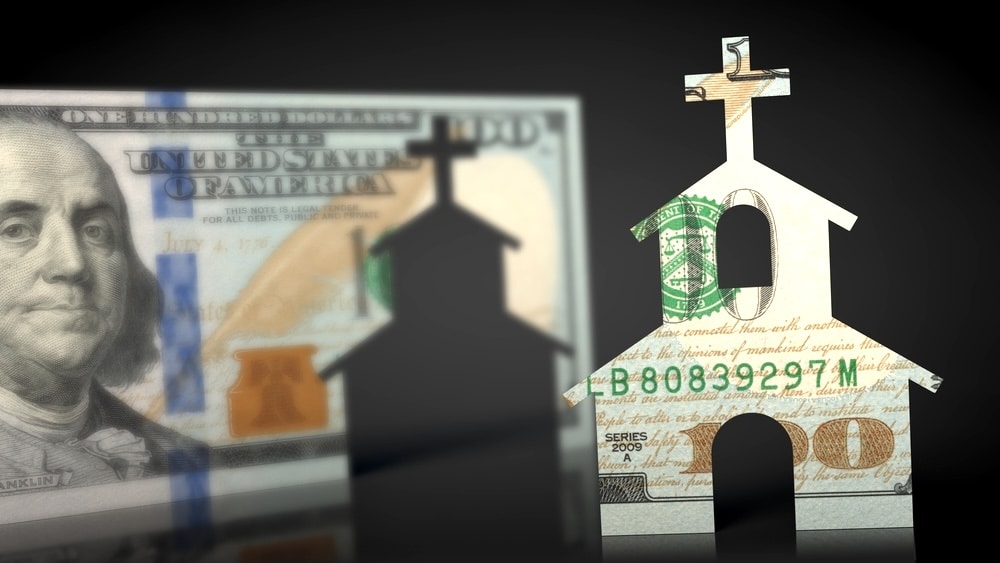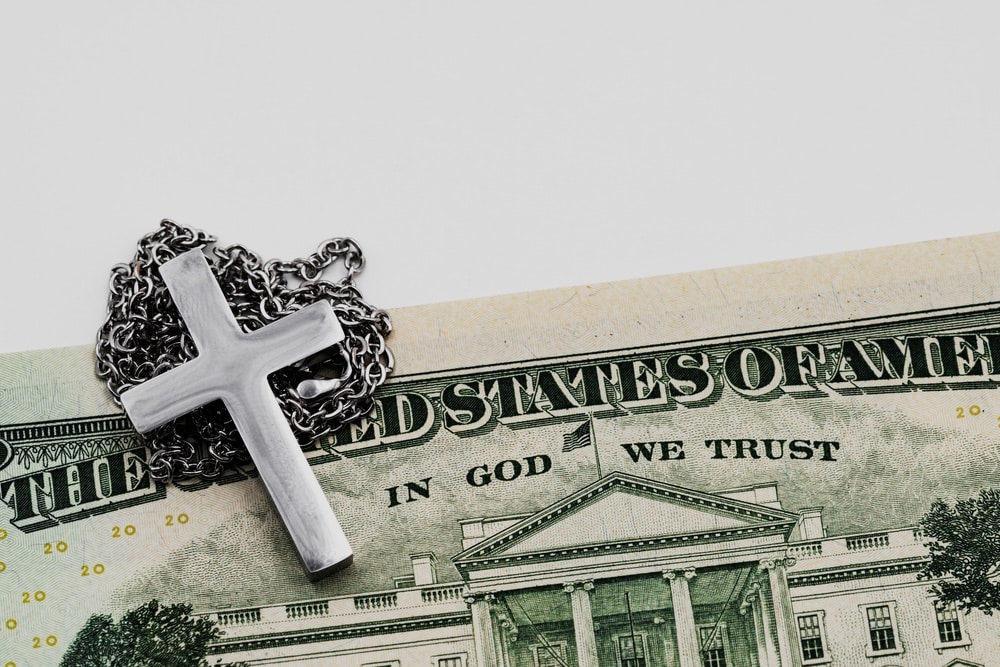Blog > Tax Legislation amp Proposals > Do Churches Pay Property Taxes? Tax Exemptions
Do Churches Pay Property Taxes? Tax Exemptions
December 28, 2023 - Friendly Tax Expert

Have you ever wondered if churches pay property taxes? It's an intriguing topic that sparks curiosity and debate.
When it comes to religious organizations, particularly churches, and their properties, there's a lot to unpack. Churches and other established places of worship have long enjoyed certain exemptions when it comes to paying taxes.
Generally, churches enjoy federal tax, state and local tax exemption benefits.
However, it's important to note that churches do not receive blanket exemptions from all forms of taxation.
While they may enjoy tax-exempt status, they are still subject to other types of taxes, such as payroll tax and sales tax.
But how about taxes on real property?
Do churches enjoy property tax exemption?
Read on to learn more about whether churches need to pay property taxes.
Are Churches Required to Pay Property Taxes?
No, churches are not required to pay property taxes under certain conditions.
However, they have to file for tax exemption and meet certain criteria to be eligible.
In the United States, churches are generally exempt from paying property taxes if they meet the following requirements:
- The church is recognized as a religious organization by the government
- The property is used exclusively for religious purposes
- The property generates no income
Consequently, most churches in the US do not pay property taxes because they fall under these conditions.

What Is the Legal Basis for Churches Being Exempt from Property Taxes?
You might be wondering why churches are given this favorable treatment when it comes to property taxes.
The answer lies in the First Amendment of the United States Constitution, which guarantees religious freedom and protects churches from government interference.
This principle is known as "separation of church and state", meaning that the government cannot impose taxes on places of worship without violating religious freedom.
Additionally, many states have their own laws that mirror the federal government's tax exemptions for religious organizations.
Do All Religious Organizations Qualify for Property Tax Exemption?
No, not all religious organizations qualify for property tax exemption.
In order to be eligible, the organization must meet specific criteria set by the government and state laws.
For example, the IRS states that a church must meet requirements to be recognized as a tax-exempt religious organization.
Some of these requirements may include:
- Is there an identifiable form of worship?
- Is there a specific and established place of worship?
- Are there established codes of discipline and doctrine?
- Does the organization possess its own literature?
- Does the organization regularly hold gatherings?
That means that to achieve tax-exempt status, a religious organization must meet certain criteria and be required to file or obtain tax exemption with the government.
When Is a Church Required to Pay Property Tax?
Wait, did you not say that churches are not required to pay property taxes?
That is correct, but there are certain cases where a church may be subject to property tax.
One example is when a religious organization uses their property for non-religious purposes.
For instance, if a church opens up a coffee shop on their premises that generates income, they may be required to pay property taxes on that specific portion of the property.
Additionally, if a church rents out a portion of its property to a for-profit business, that portion may also be subject to property taxes.
This means that a church may lose its tax-exempt status if they do not use the property exclusively for religious purposes.

Need Tax Help? Best Federal Tax Resolution
In summary, churches are generally exempt from paying property taxes.
However, this exemption for tax purposes is not absolute and there are certain cases where a church may be required to pay property taxes, such as when they generate income.
If you need help with tax issues related to your church or religious organization, it's best to consult a tax specialist.
Contact us today for expert guidance and assistance with tax matters.
